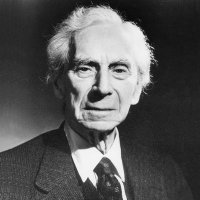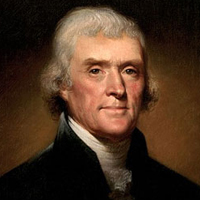Russell's A Free Man's Worship: Meaning and Interpretation
Bertrand Russell's A Free Man's Worship is his attempt of emancipating the modern people from the bloody tradition worship of power. As a modern humanist philosopher, Russell first takes the allusion of Marlow's Dr. Faustus to describe the probable creation story of the human world.



